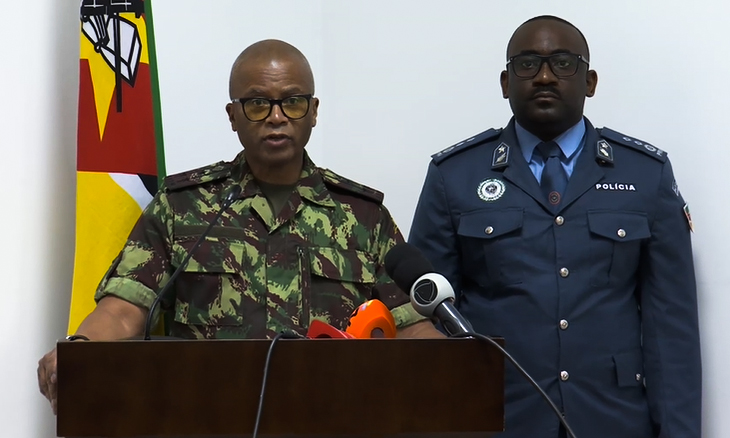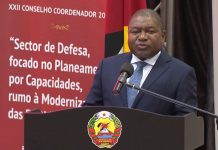AfricaPress-mozambique: The Mozambican defence and security forces have categorically denied reports in some of the foreign media that they have used land mines in the conflict with islamist terrorists in the northern province of Cabo Delgado.
Speaking at a Maputo press conference on Friday, the spokesperson for the Defence Ministry. Col Omar Saranga stressed that the defence forces are committed to acting in accordance with all the treaties and conventions that Mozambique has signed and ratified.
This includes the Ottawa Treaty on the Prohibition of the Use, Stockpiling, Production and Transfer of Anti-Personnel Mines and on Their Destruction. Mozambique signed this treaty in December 1997, and ratified it the following year, becoming the 33rd country in the world to do so.
Mozambique had been one of the most heavily mined countries in the world, but a major demining effort, begun after the 1992 peace agreement between the government and the Renamo rebels, led to the country being declared free of land mines on 1 December 2015. Under the Ottawa Treaty, the armed forces (FADM) destroyed their stocks of land mines.
According to the Halo Trust, one of the charities that led the demining effort, about 171,000 mines were removed and destroyed. Mozambique became the first heavily mine contaminated country to be declared free of this scourge.
Saranga insisted that Mozambique remains faithful to the principles of the Ottawa treaty. If there was any truth in the reports of land mine explosions, he said, “they can only be the work of the terrorists”.
He said that the anti-terrorist operations in Cabo Delgado are intended to “guarantee the safety of the population, and of public and private property, and to restore normality”.
He added that the defence and security forces are strengthening their relations with human rights and humanitarian aid bodies.
Saranga said that the good name and image of Mozambique should be built by all sectors of society and particularly by the media. He urged journalists and editors “to contribute with their knowledge and advice, by acting with rigour and impartiality, and informing society of the consequences of violent extremism.
Saranga did not take questions from the reporters present and, at the end of his statement, he stressed the importance of the collaboration of the local population in Cabo Delgado, who have been providing the Mozambican forces with information vital for the conduct of operations on the ground.


